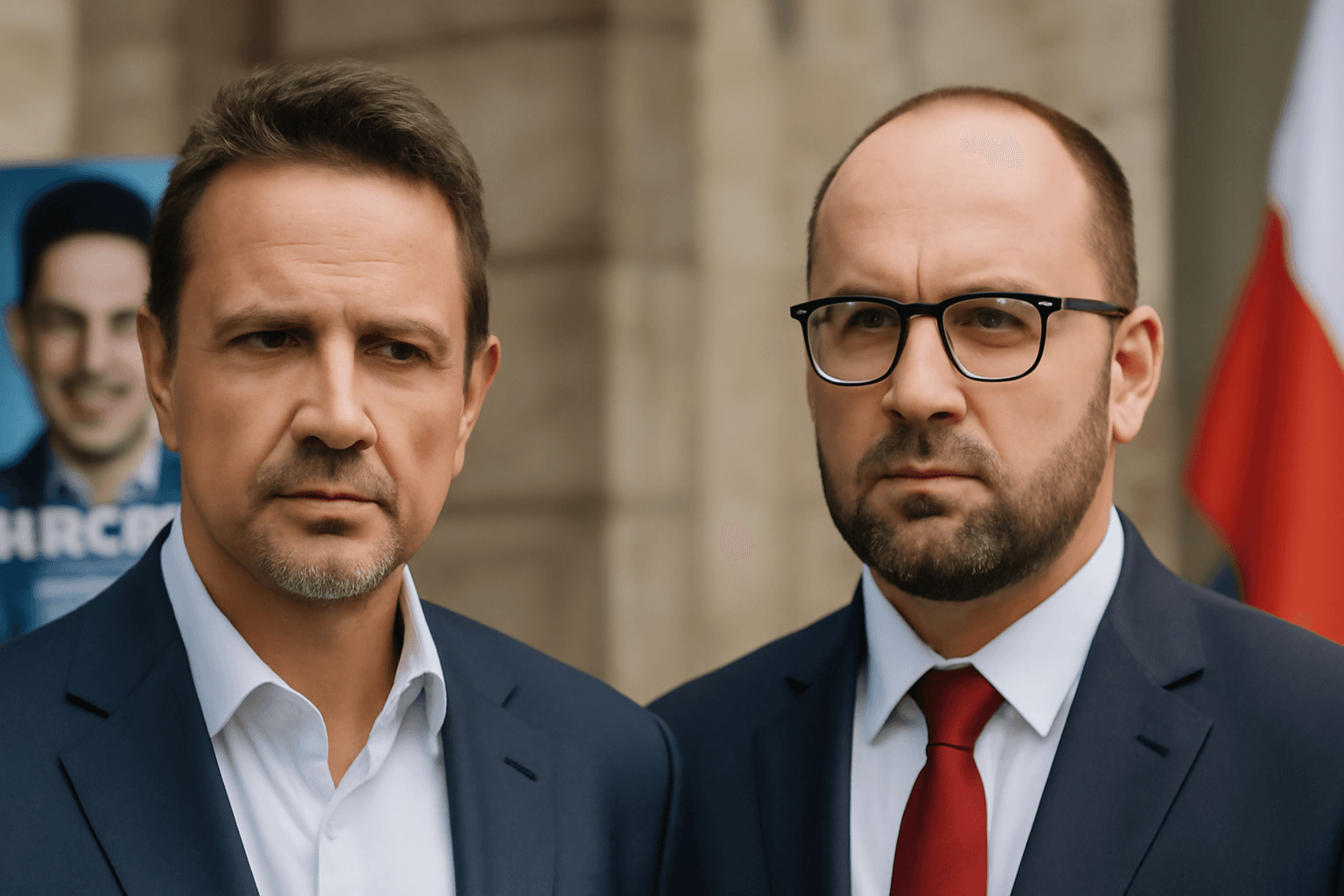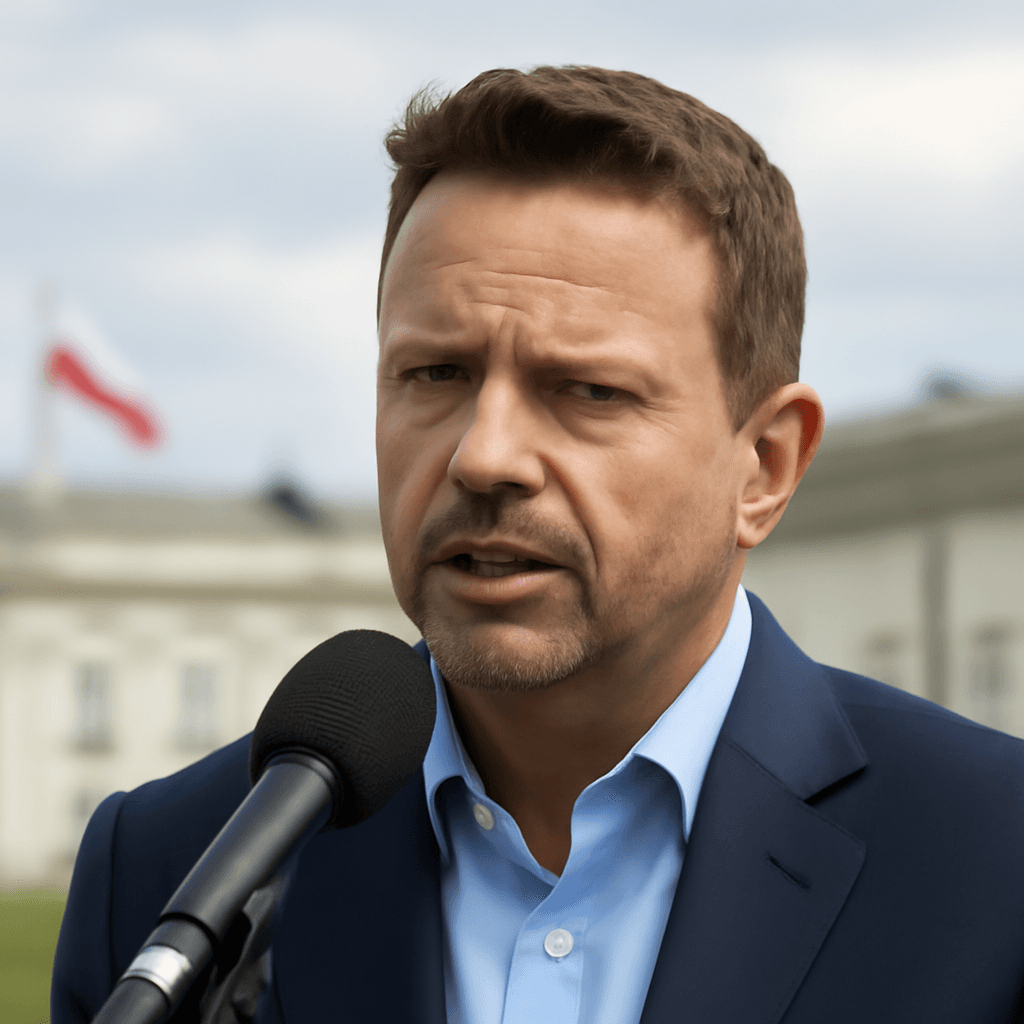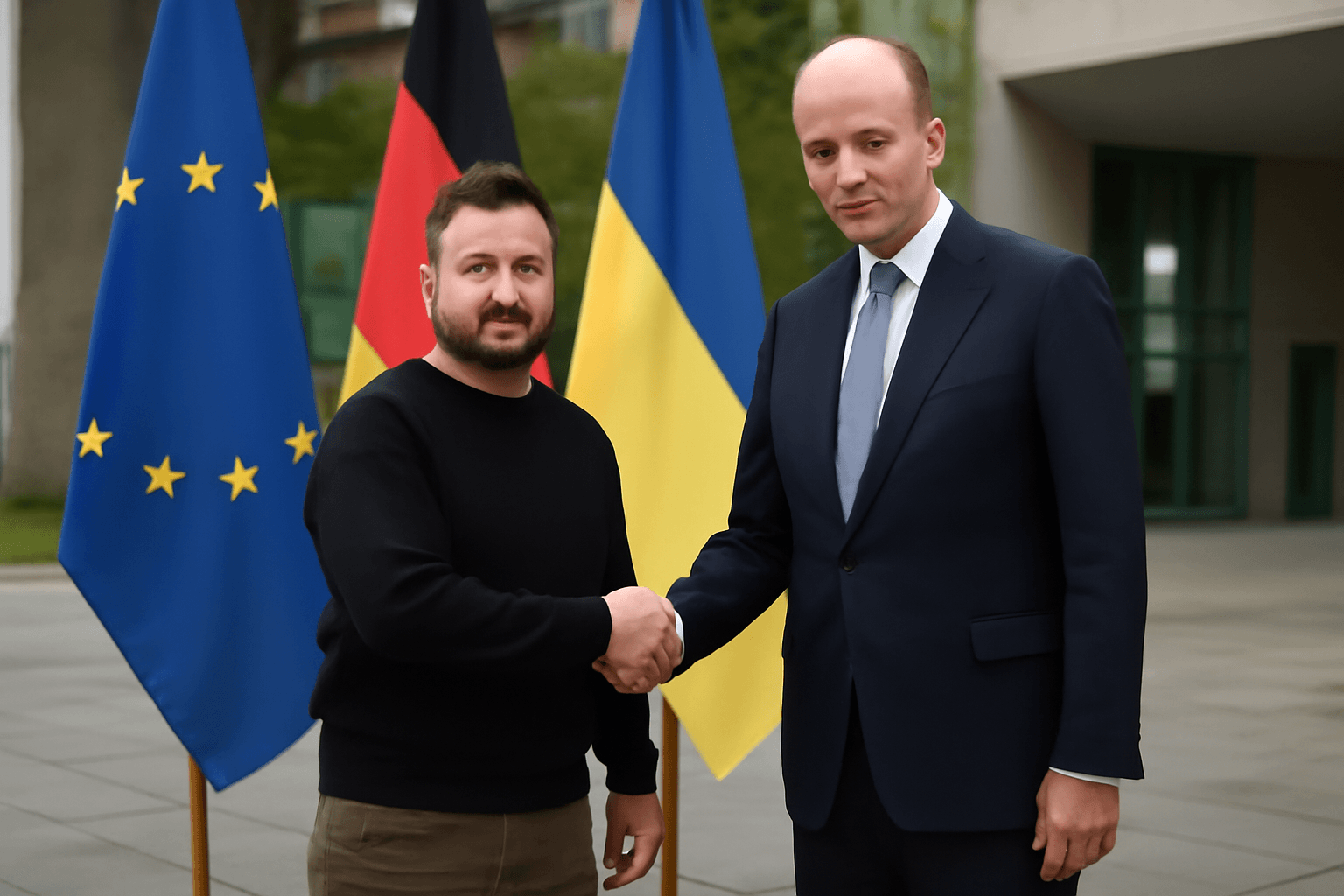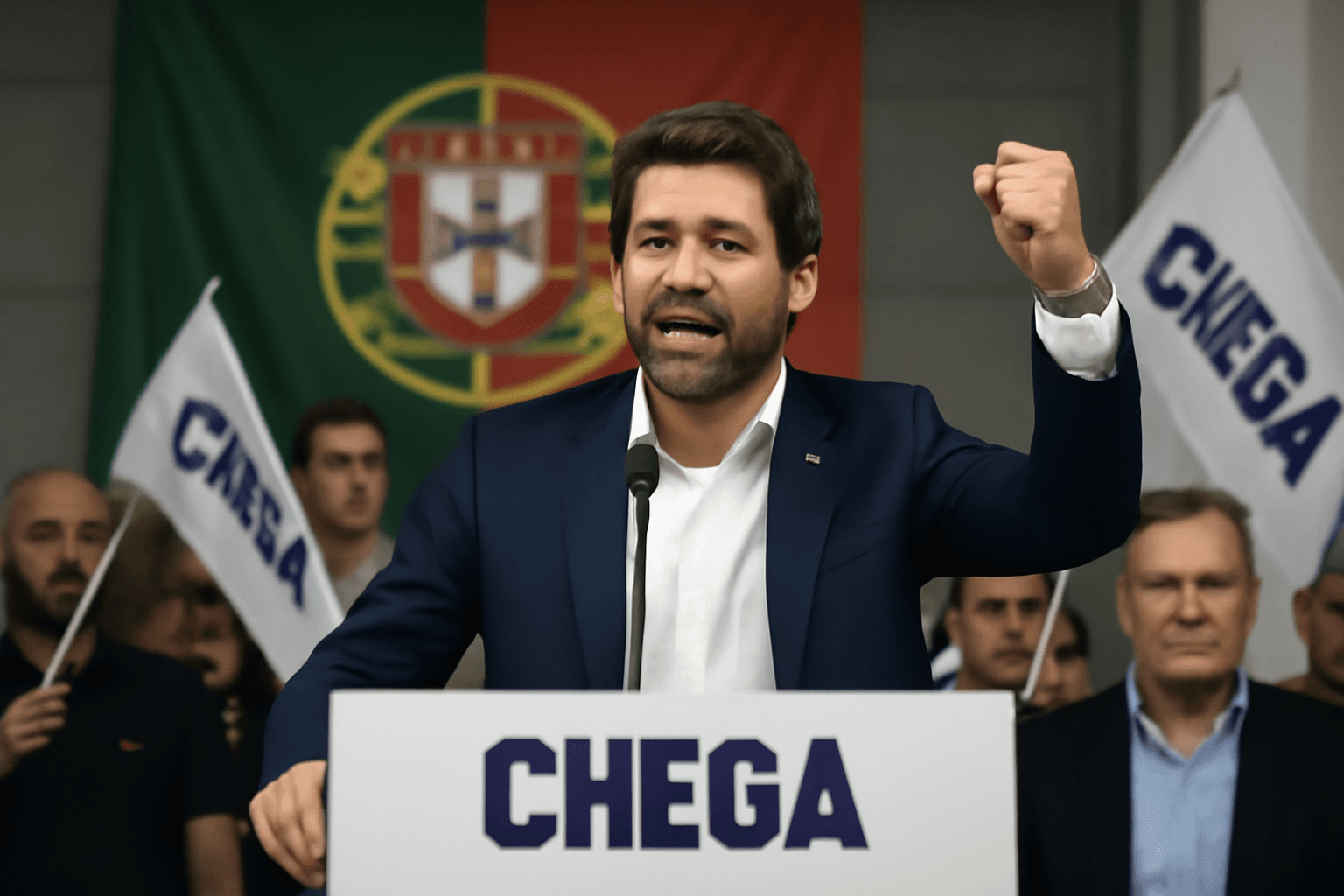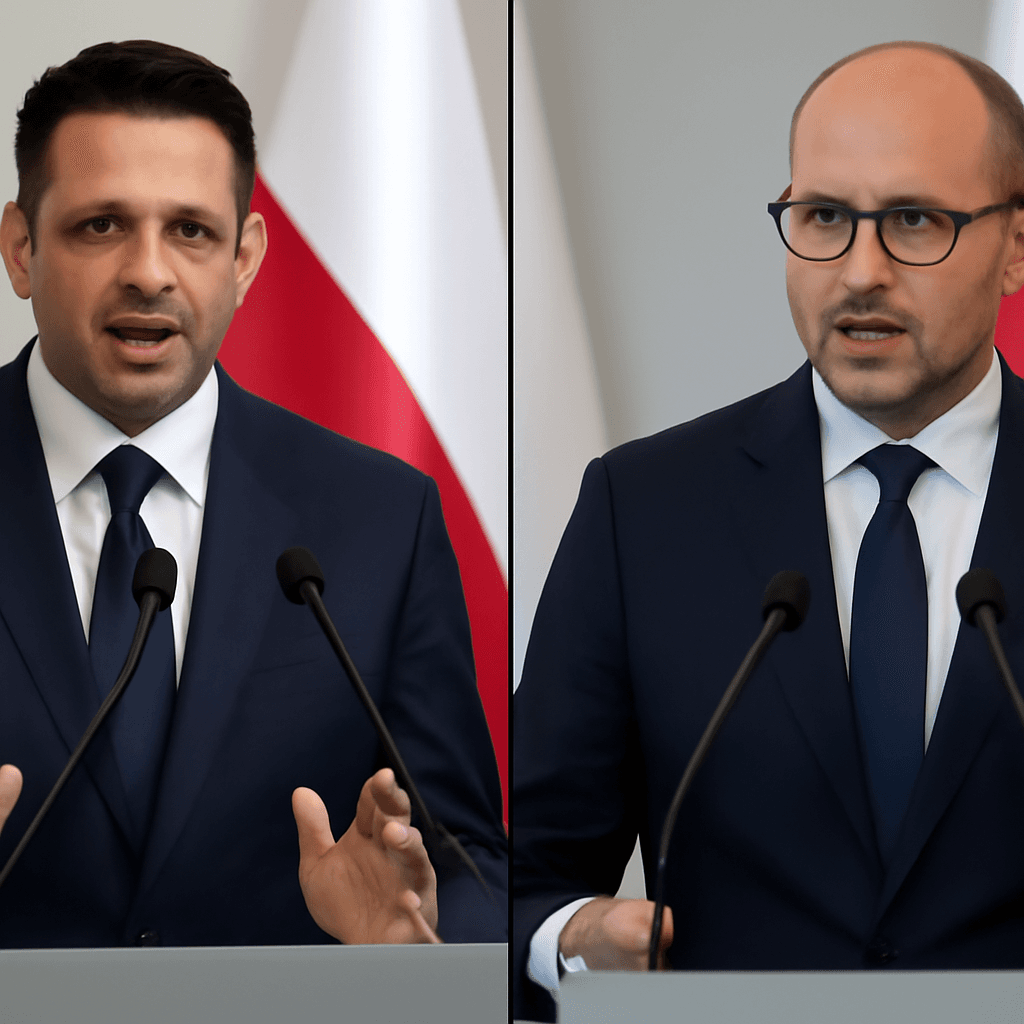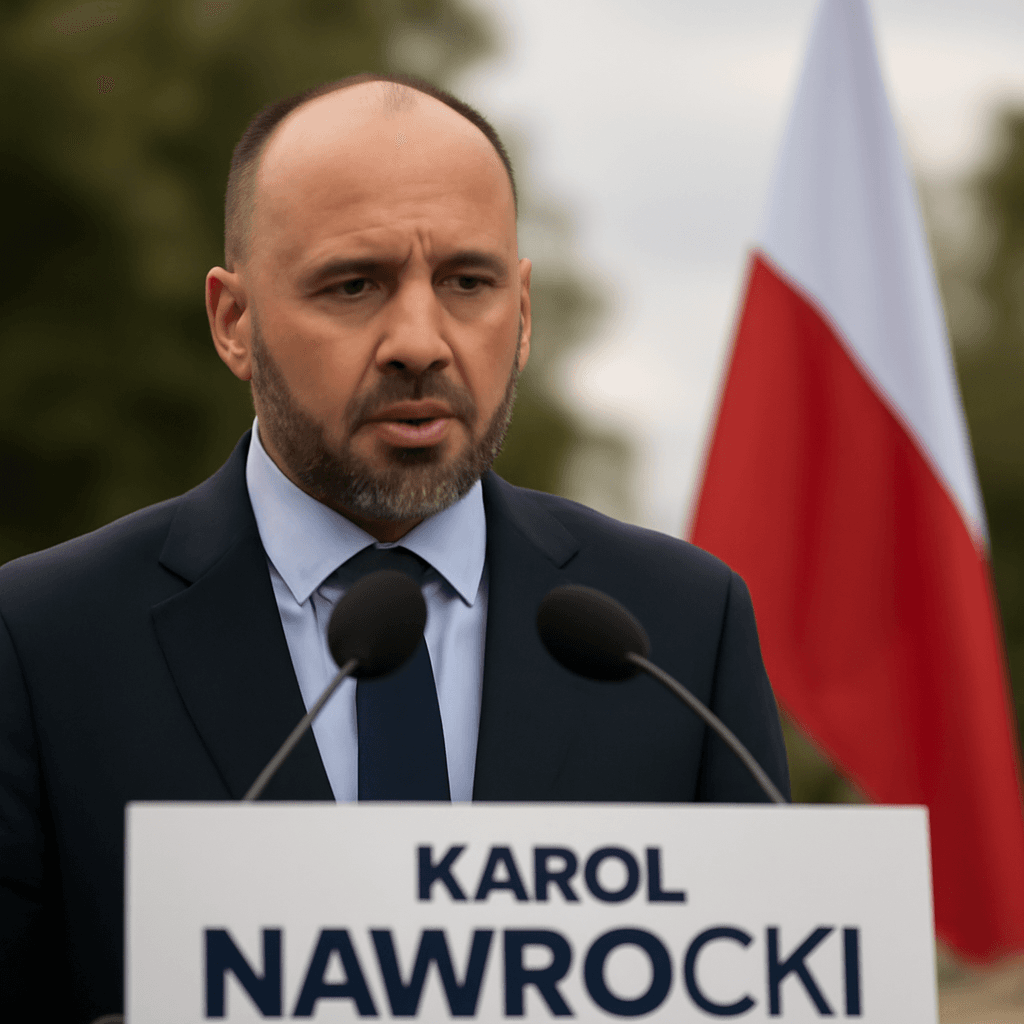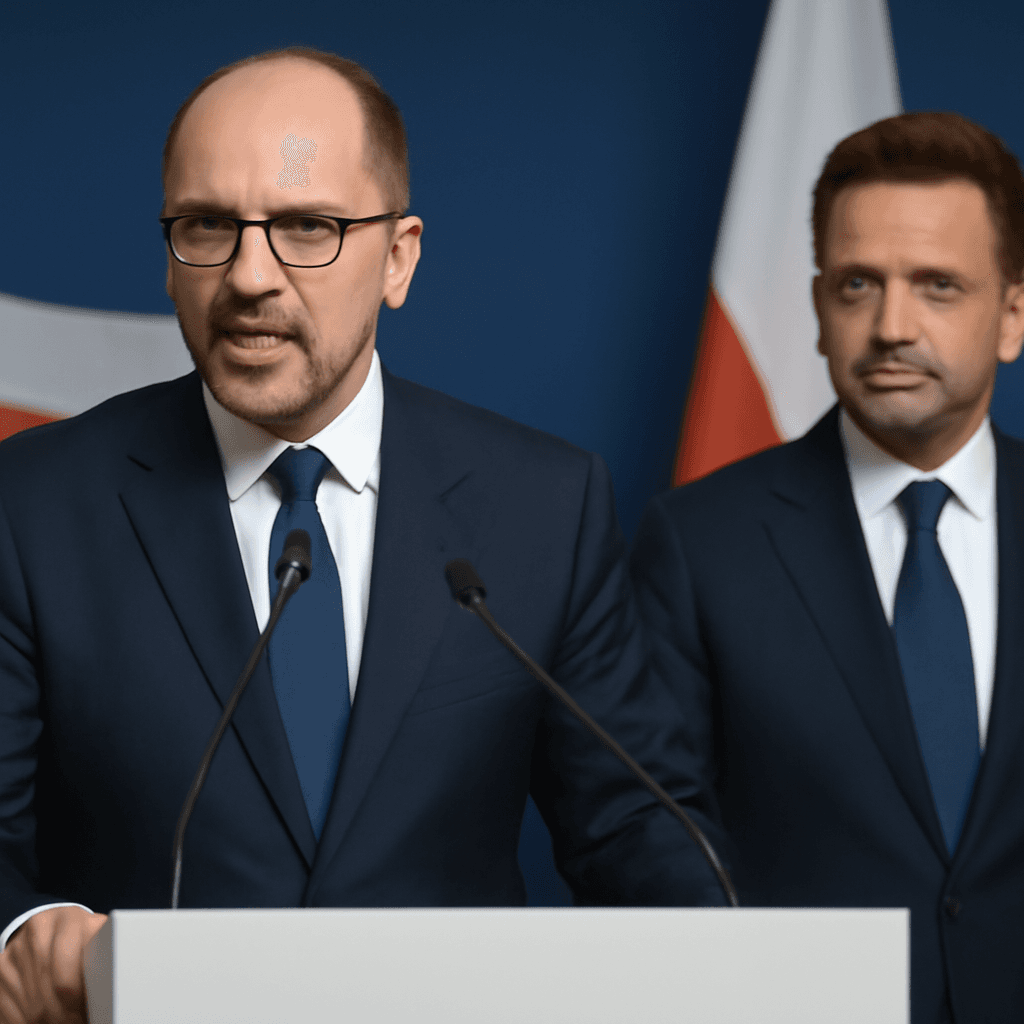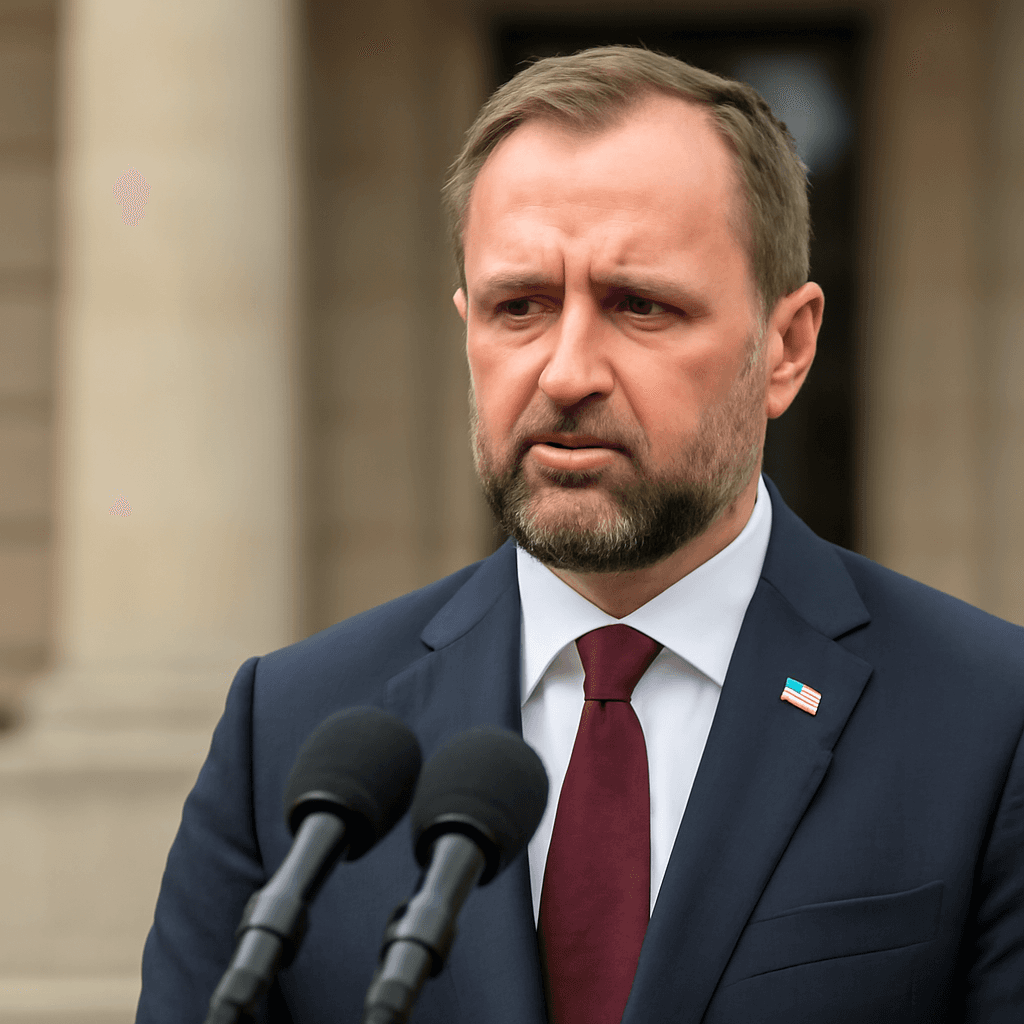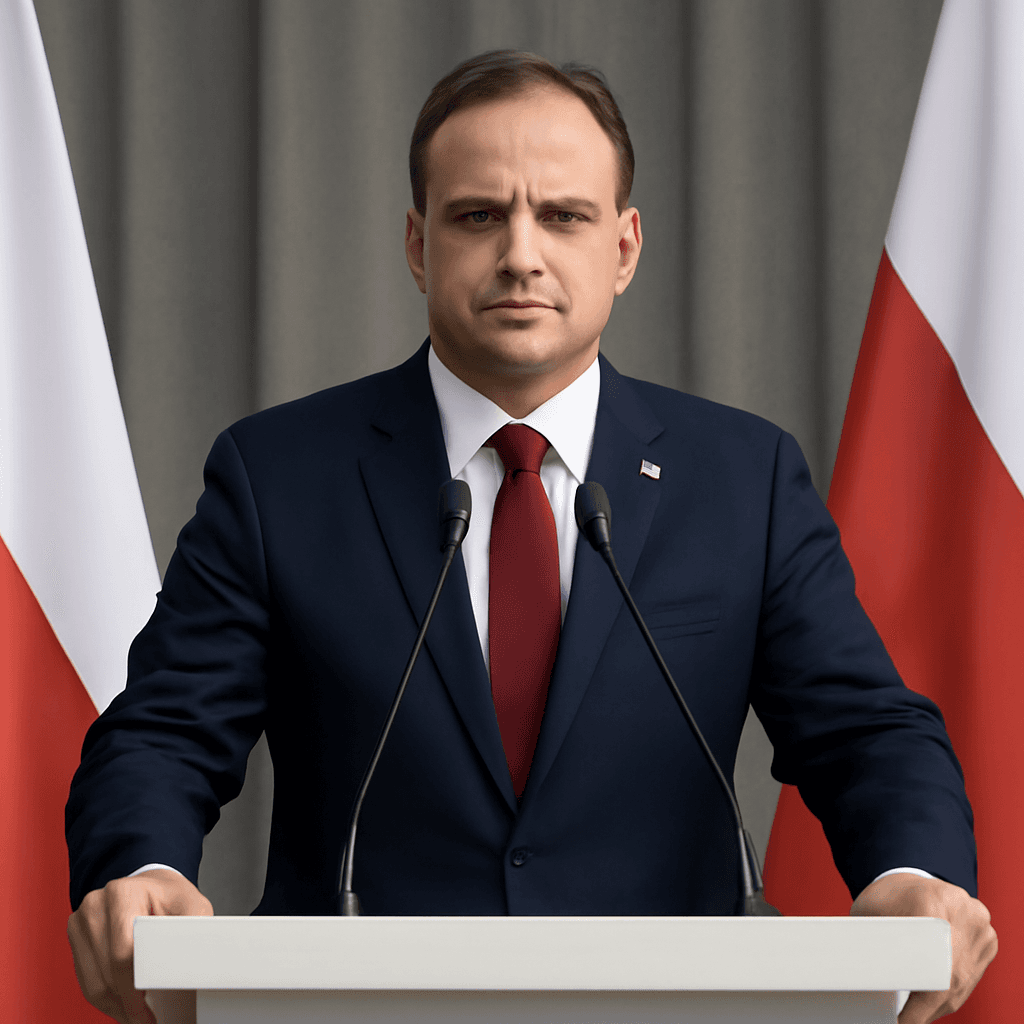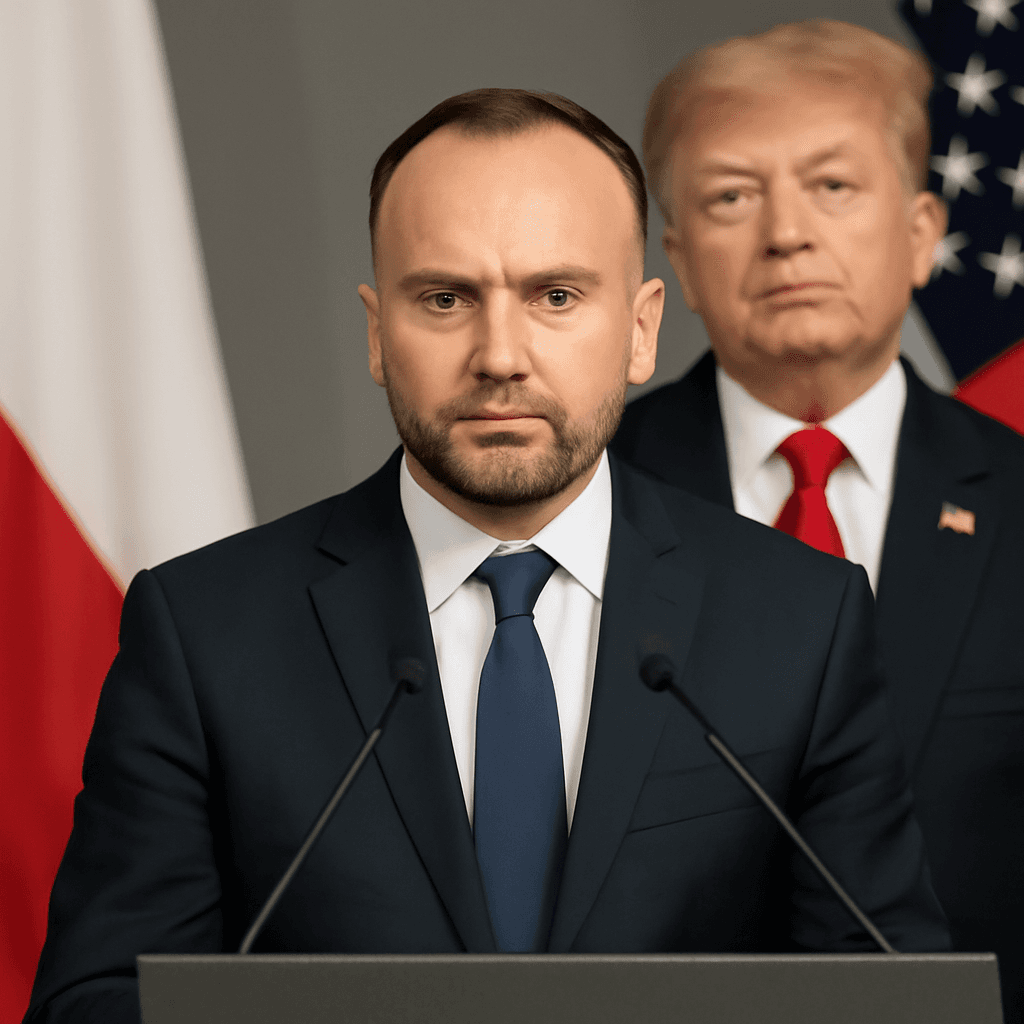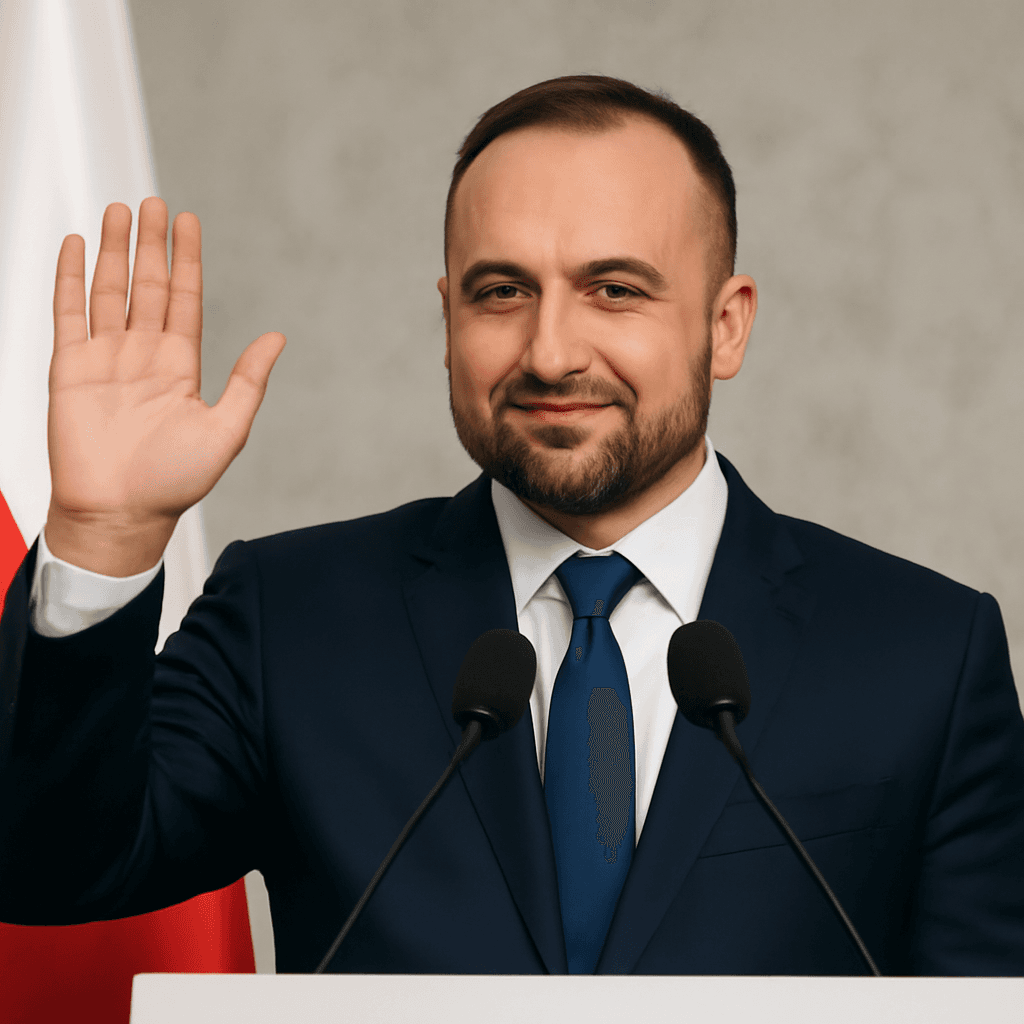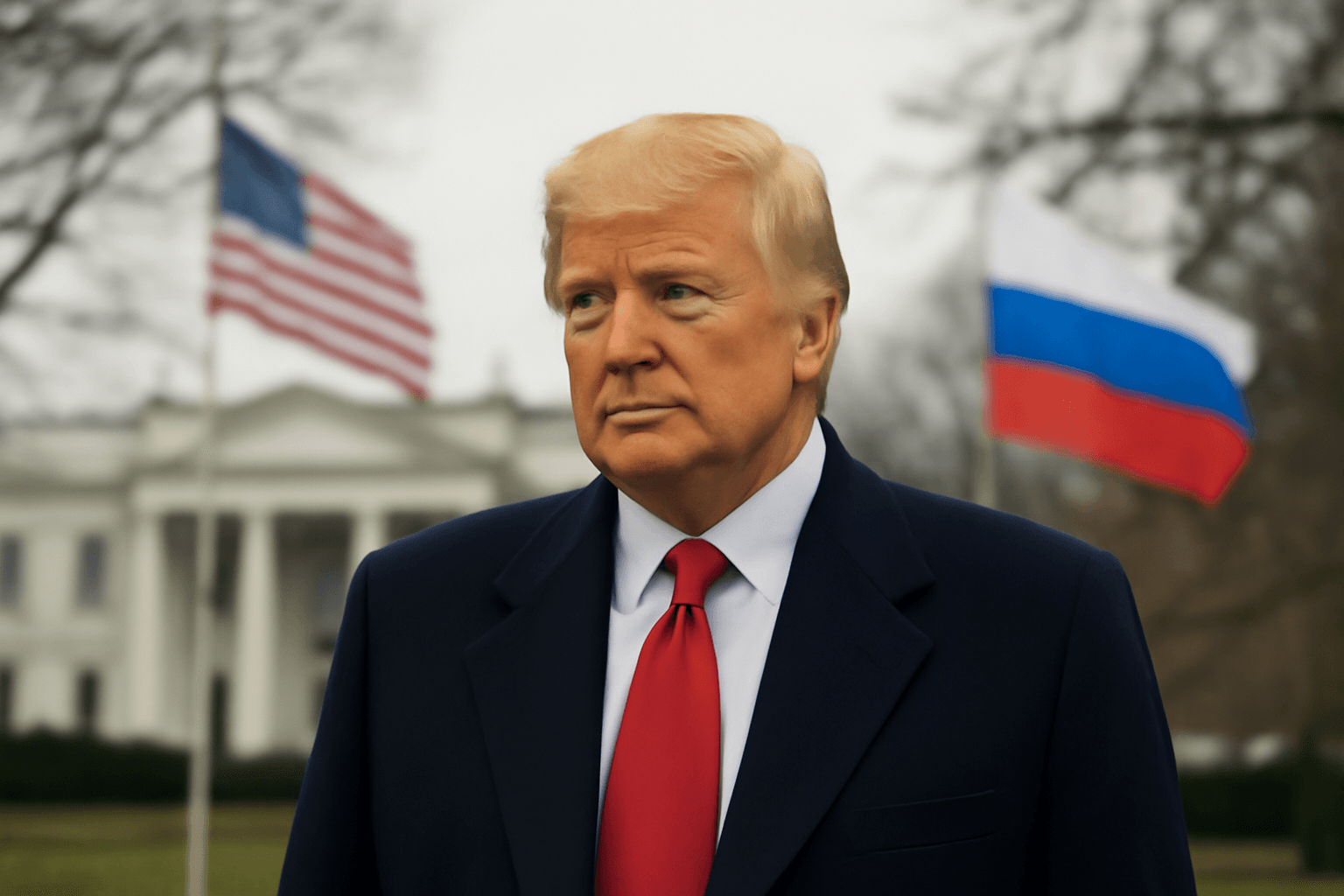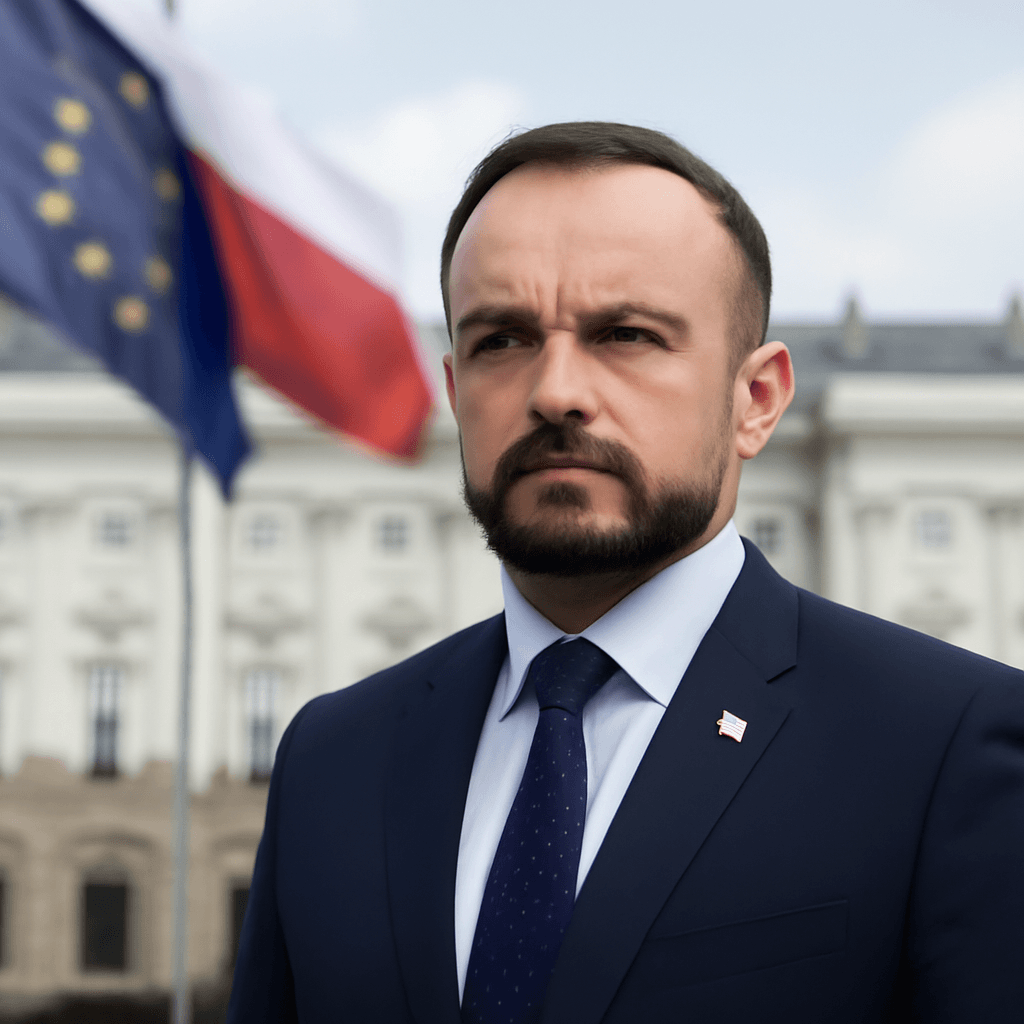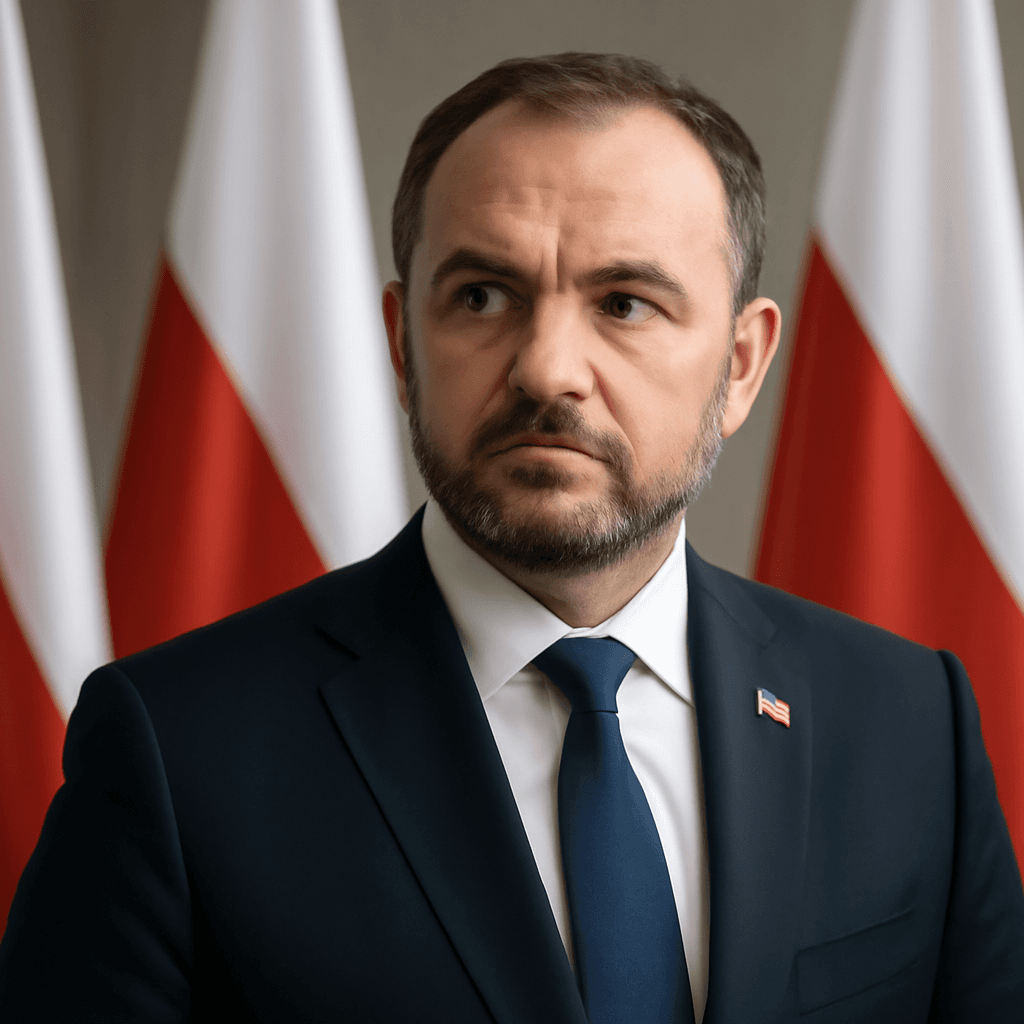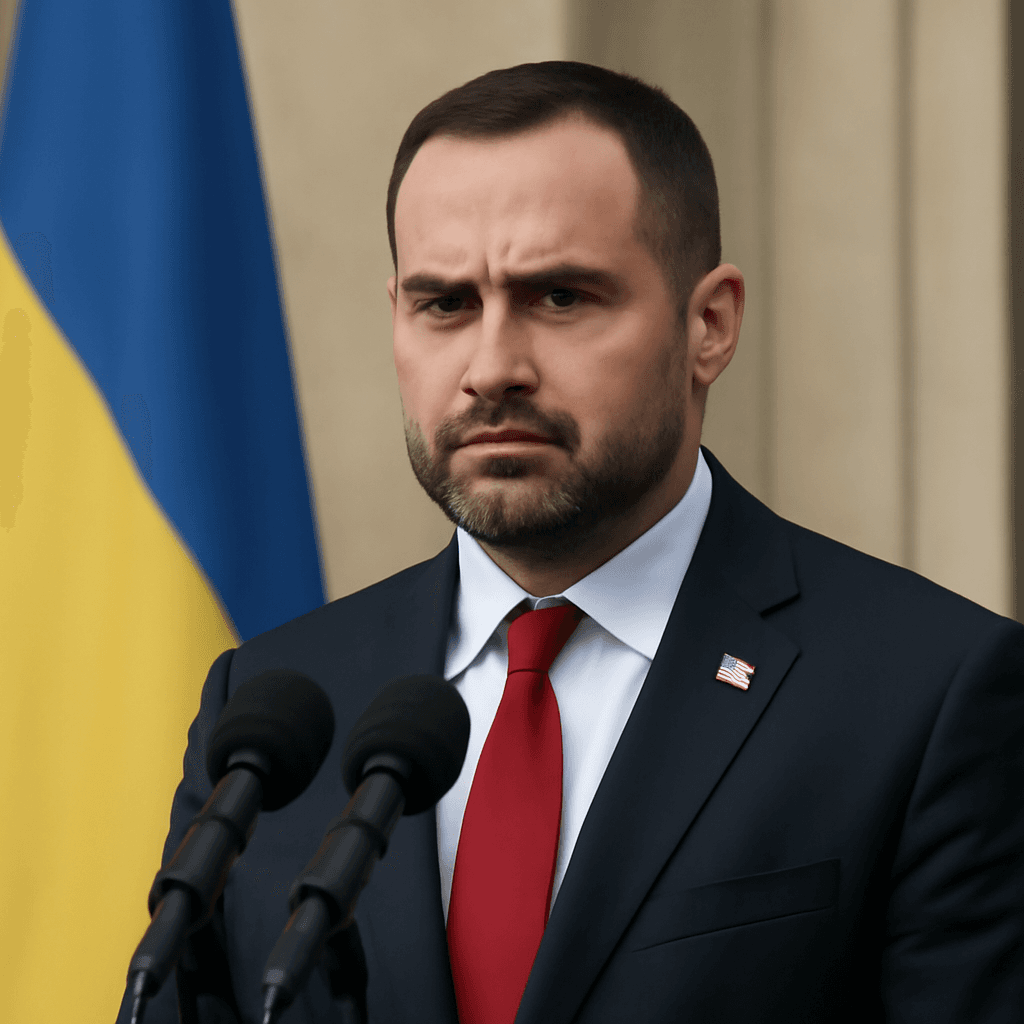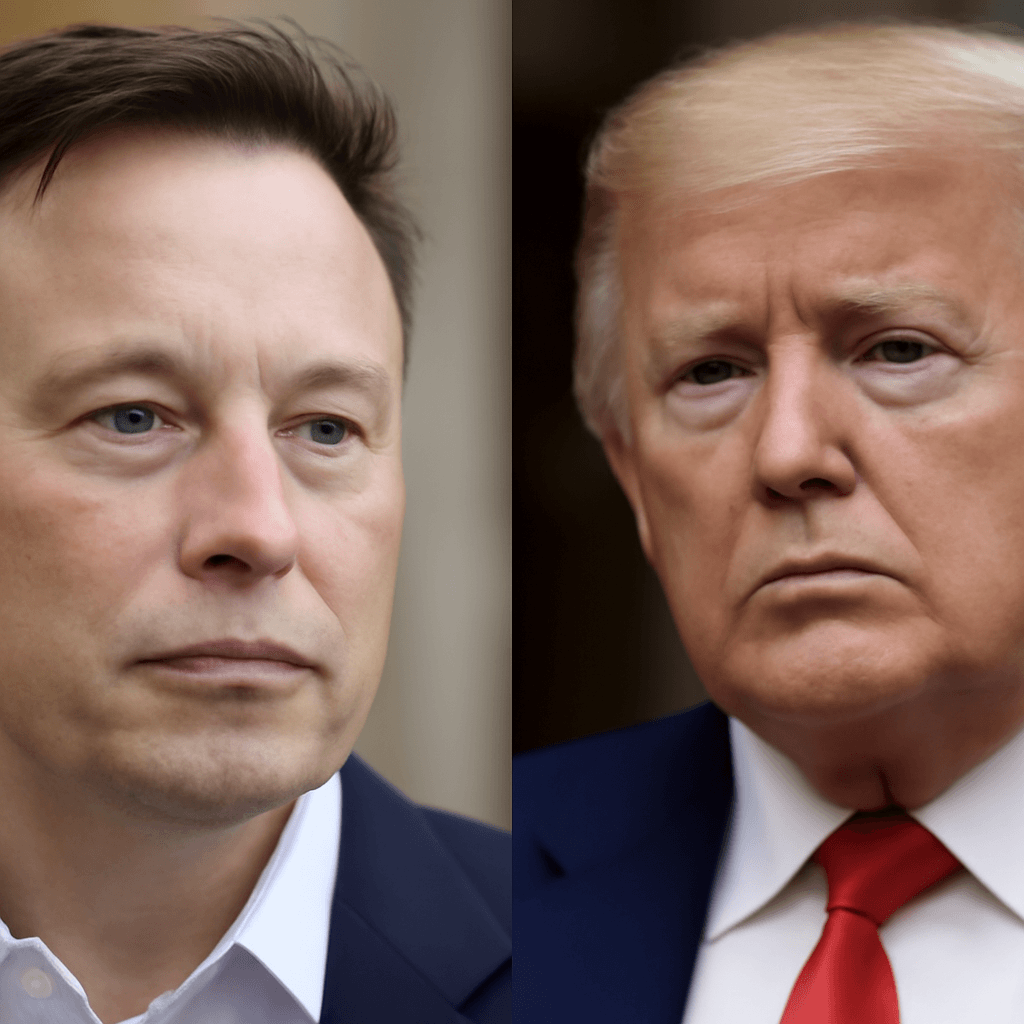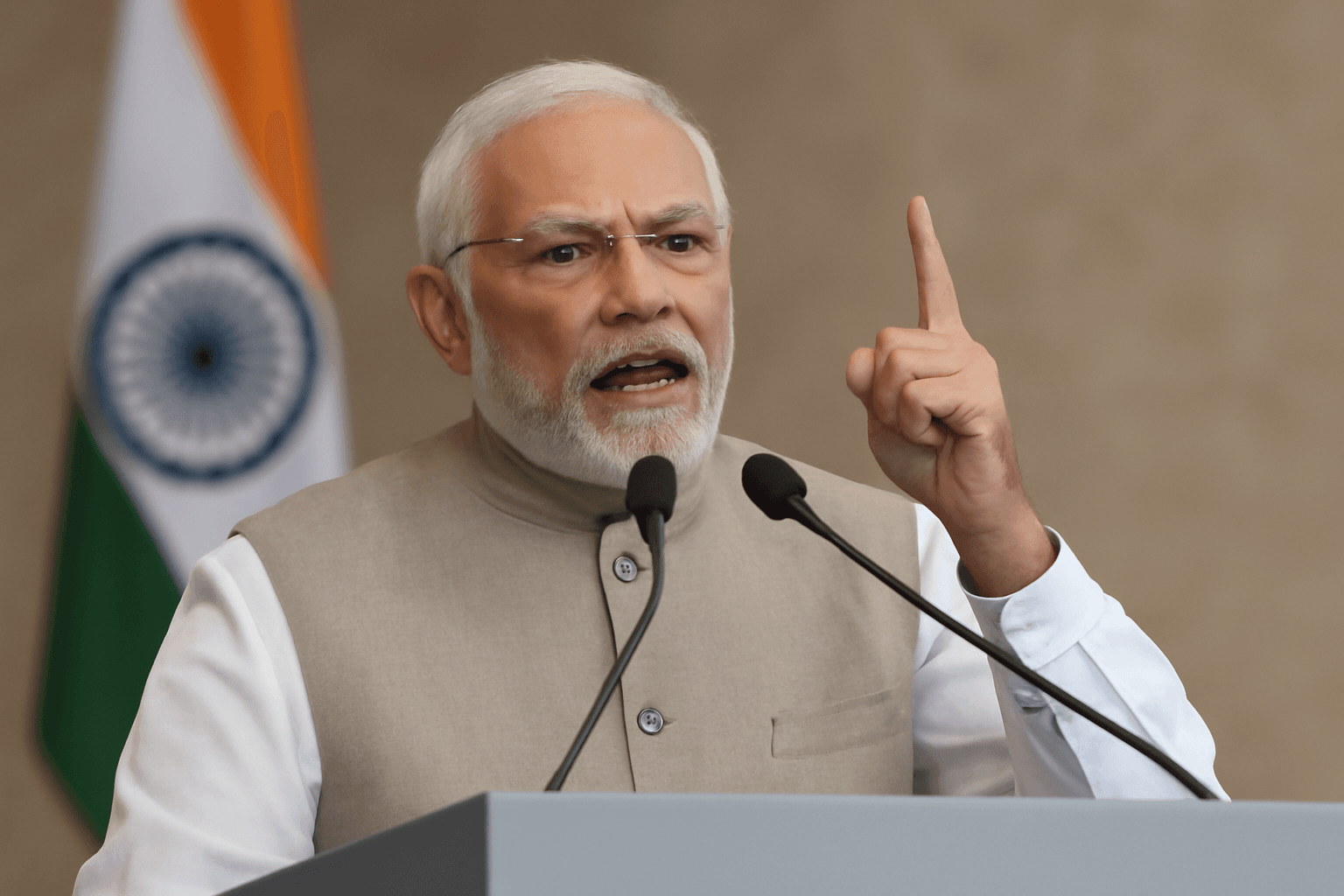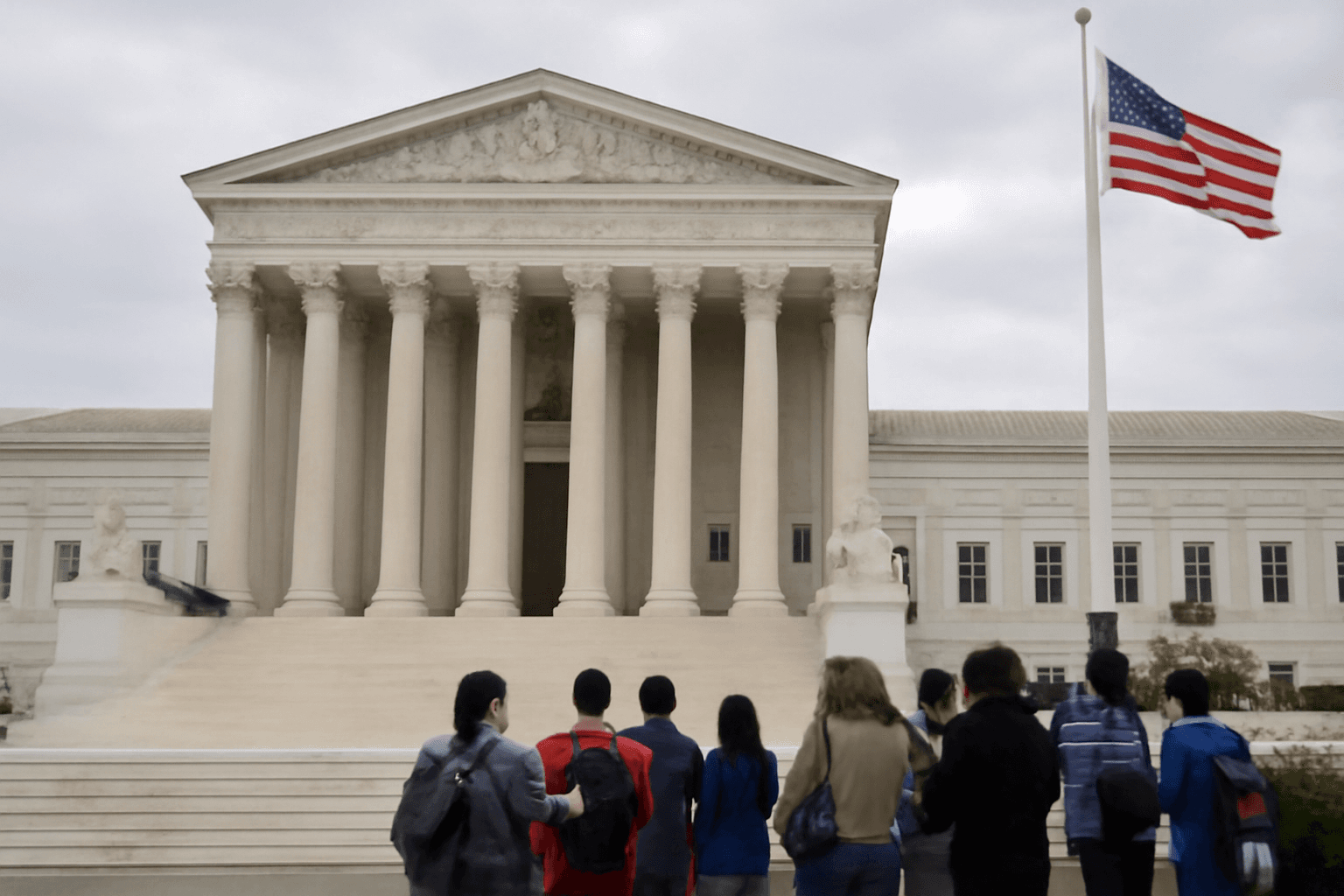Poland is set to hold a critical presidential election this Sunday, featuring a tight race between pro-European centrist Rafał Trzaskowski and conservative populist Karol Nawrocki. The election embodies a larger ideological confrontation between Western-oriented liberalism and nationalist populism, with significant implications for Poland’s domestic direction and its role in Europe.
Recent polls indicate a near tie, with Trzaskowski holding a slight lead at 47% against Nawrocki’s 46%, underscoring a highly competitive contest. Trzaskowski, the mayor of Warsaw and close ally of Prime Minister Donald Tusk, supports strengthening Poland’s ties with the European Union and advancing judicial reforms. His campaign represents continuity of a Brussels-friendly, liberal agenda.
Conversely, Nawrocki, a historian and rookie politician endorsed by the ruling Law and Justice party (PiS), champions nationalist values and a populist platform reminiscent of former US President Donald Trump’s political style. Nawrocki’s campaign emphasizes traditionalism, resistance to EU influence, and a firm stance on immigration.
Adding an international dimension, Trump’s former Homeland Security chief, Kristi Noem, recently visited Warsaw to endorse Nawrocki, highlighting the strategic importance of a 'strong American presence' in Poland through initiatives like “Fort Trump,” a proposed US military base aimed at deterring Russian aggression. This move is widely interpreted as an effort by Trump’s political network to sway Polish voters towards Nawrocki.
The presidential position in Poland, though largely ceremonial, wields significant influence, especially through veto powers evidenced by the current president Andrzej Duda’s obstruction of government reforms and EU relations. A Trzaskowski victory could break this deadlock, accelerating Poland’s integration with Europe and reforming democratic institutions. Meanwhile, Nawrocki’s win would solidify a nationalist presidency aligned with populist conservative interests, despite the PiS’s weakening parliamentary hold.
Trzaskowski describes the election as pivotal for Poland’s democratic future, promoting a vision of a modern, European, liberal state. Having narrowly lost to Duda in 2020, this election represents a crucial opportunity for him to steer Poland back toward Western alliances.
The outcome of this election holds substantial weight for Europe’s political landscape, as Poland’s alignment impacts the balance between EU cohesion and nationalist movements. Ultimately, the decisive factor could be whether Trump’s endorsement successfully influences Polish voters in this deeply polarized contest.

